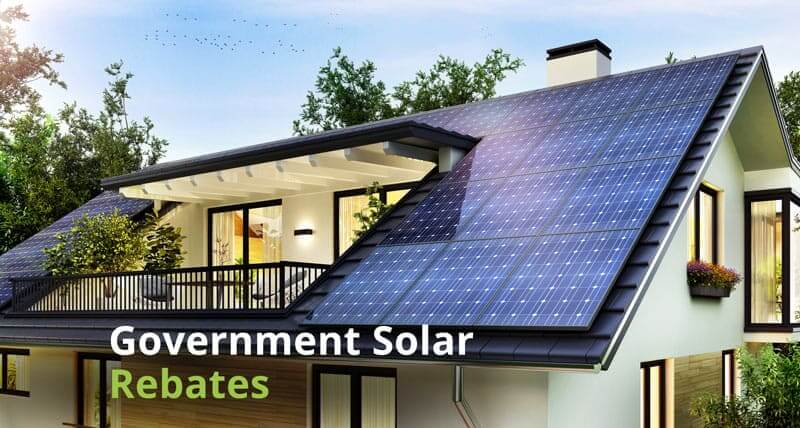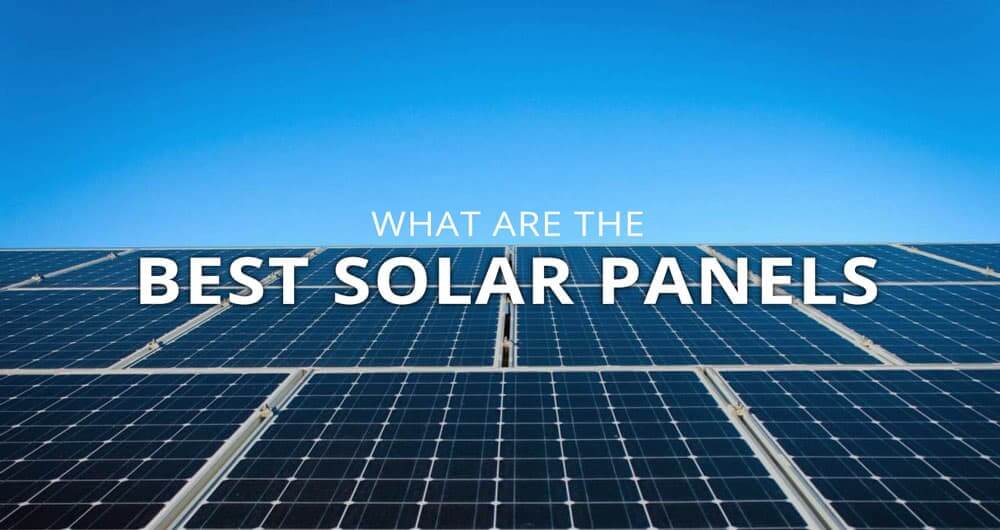Home How Much Do You Save With Solar Panels?
How Much Do You Save With Solar Panels?
For most Australians, the shift towards solar energy is swiftly turning into the norm. With the ongoing rise in electricity costs, you could take advantage of significant rebates and have the option to handle the setup by yourself.
Solar is a great investment and will save you from spending thousands of dollars over the period of time. Investing in solar panels is a long-term investment, but they pay for themselves quickly after the investment.
Getting solar panels installed save you lots of money, since you are the entity who is generating most of your home’s power.
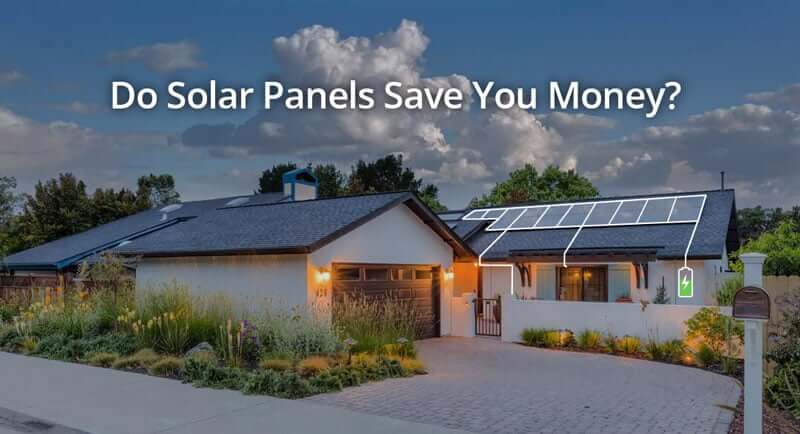
Table of Contents
ToggleHow much money do you save?
Your state’s average cost per kWh greatly determines your savings with solar. This is because each state has rules and policies that affect its prices.
This graph represents how much you will save by system size Australia-wide.
| System size | No. of panels | Average yearly saving | Lifetime saving |
|---|---|---|---|
| 1.5KW | 6 | $690 | $15,525 |
| 2KW | 8 | $986 | $22,185 |
| 3KW | 12 | $1,478 | $33,255 |
| 4KW | 16 | $1,971 | $44,437 |
| 5KW | 20 | $2,364 | $53,190 |
| 6KW | 24 | $2,981 | $67,072 |
| 7KW | 28 | $3,565 | $80,212 |
| 8KW | 32 | $3,952 | $88,920 |
If you live in a state with a higher kWh cost, you’re likely to save more going solar than a person from a state with a lower kWh cost.
Here’s a table indicating the average cost of power across four states in the country.
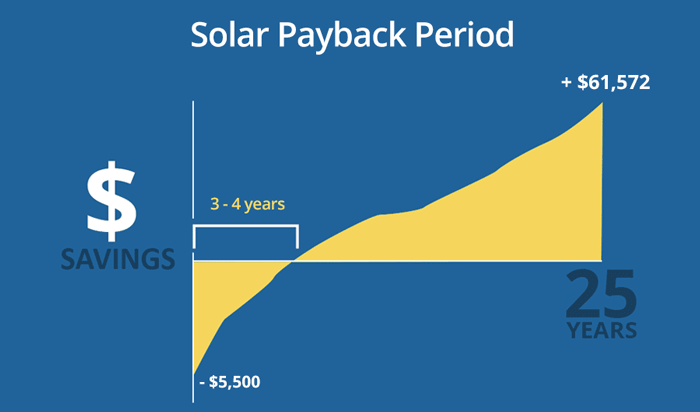
Keep in mind; your solar savings refers to the utility costs you’ve avoided by going solar.
So, let’s discuss following example of energy consumption from Queensland.
- Monthly Bill without Solar System:
– Monthly consumption: 600 kWh
– Power rate in Queensland: $130.08 per month.
If you invest in a solar system:
- Annual Bill without Solar System:
– Annual consumption: 600 kWh/month * 12 months = 7200 kWh
– Annual bill: $130.08/month * 12 months = $1560.96
If your feed-in rates are at 15c per kWh:
- Savings with Solar System:
– Solar system produces 750 kWh per month.
– Additional kWh produced and fed back to the grid: 750 kWh – 600 kWh = 150 kWh
– Monthly savings from avoided bill: $130.08
– Monthly additional earnings from feed-in tariffs: 150 kWh * $0.15/kWh = $22.50
– Total monthly savings: $130.08 + $22.50 = $152.58
– Annual savings: $152.58/month * 12 months = $1830.96
At this rate, your solar system will pay itself back within 3 years of its lifetime. As such, your total savings will be $1560.96 + $270 = $1830.96 every year.
| State | Average usage rates (c/KWH) |
|---|---|
| Queensland | 21.68 |
| New South Wales | 24.68 |
| South Australia | 35.25 |
| Victoria | 22.91 |
What determines how much you save?
While it’s clear that you can save more than $1500 every year by going solar, not everyone will get this result. There are several factors (besides your state and location) that affect how much you can save from solar. This includes:
The size of your solar system
Different solar systems generate varying amounts of power during the day.1 The larger your system is, the more electricity it can generate, and thus, the more savings you’ll gain. If you have a large system like the 6 kWh in the example above, expect to save more than a home using a 3 kWh system.
Your power consumption
Your monthly power usage also determines how much you’ll save by going solar. Generally, homes with higher power demand will save more than those with lower energy demand. Your electricity consumption will also determine the solar system size appropriate for your home.
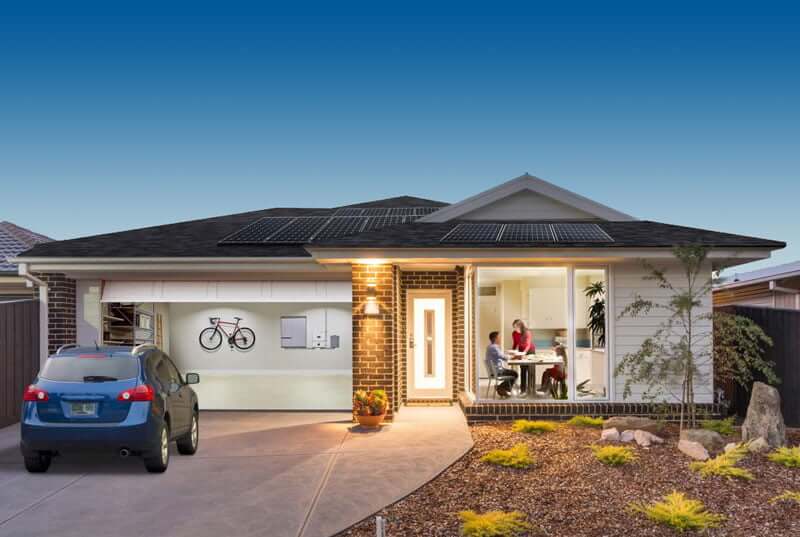
How do solar panels save you money?
There are two main ways in which solar panels save you money. This includes cutting down your power bills and also feed-in tariff income.
Reduces direct consumption
By installing solar panels for your home, you reduce your household’s dependence on electricity from your utility company. So, as electricity prices skyrocket, generating your electricity through solar means, you’re saving a lot of money that you’d have otherwise spent on electric bills.
The best thing about solar energy is that you can store it in batteries. Therefore, even if you’re never home during the day to use it, it’s available at night. This helps cut down most of your power costs.
Earn credits for excess power
The feed-in tariffs program in Australia is also a great way to save money. If your solar system produces more energy than you consume at the house, this program allows you to send back the excess power to the grid for a small incentive.
While the feed-in tariff rates differ depending on your state and utility company, the price ranges from 15c/kWh to 22c/kWh. This rebate given can go a long way to offsetting your power bills.
Additionally, having solar panels on your home is also known to increase the value of your home. You’ll therefore fetch a lot more if it’s on the market, and even charge slightly higher rents to tenants.
How much do solar panels cost?
You’ve probably heard that the price of solar panels is plummeting – which is true. This is mainly due to the government’s solar rebate program and the increase of solar manufacturers production rates and cost of production. The price of solar panels is now more affordable to homeowners.
The average cost of solar panels installation can vary from $3,800 to $15,000,2 depending on your energy demand and solar brand. These prices, however, vary from state to state and the number of solar panels needed.
Here’s a breakdown showing the average cost of solar panels by size.
| System size | No. of panels | Price range |
|---|---|---|
| 1.5KW | 6 | $2,600 – $3,900 |
| 2KW | 8 | $3,000 -$4,600 |
| 3KW | 12 | $3,400 – $4,900 |
| 4KW | 16 | $4,000 – $5,900 |
| 5KW | 20 | $5,000 – $7,800 |
| 6KW | 24 | $5,500 – $8,700 |
| 7KW | 28 | $6,300 – $9,500 |
| 8KW | 32 | $7,500 – $10,500 |
| 10KW | 38 | $9,500 – $13,000 |
Your location in Australia is also a key factor affecting the price of solar panels. You’ll notice that prices in Queensland, Victoria, and New South Wales are much higher than those in Western Australia, South Australia, and the Australian Capital Territory.
This difference is brought about by the different zone ratings of each part of Australia, as outlined by the Small-scale Renewable Energy Scheme (SRES).
Under this scheme, a homeowner looking to install solar get rebates and discounts through Small-scale Technology Certificate (STCs). Here’s a formula calculate the numbers of STCs, you should receive;
System Size x Zone rating x Years remaining (until 2030) = Number of STCs.
The more STCs you have, the less you’ll pay for the solar panels.
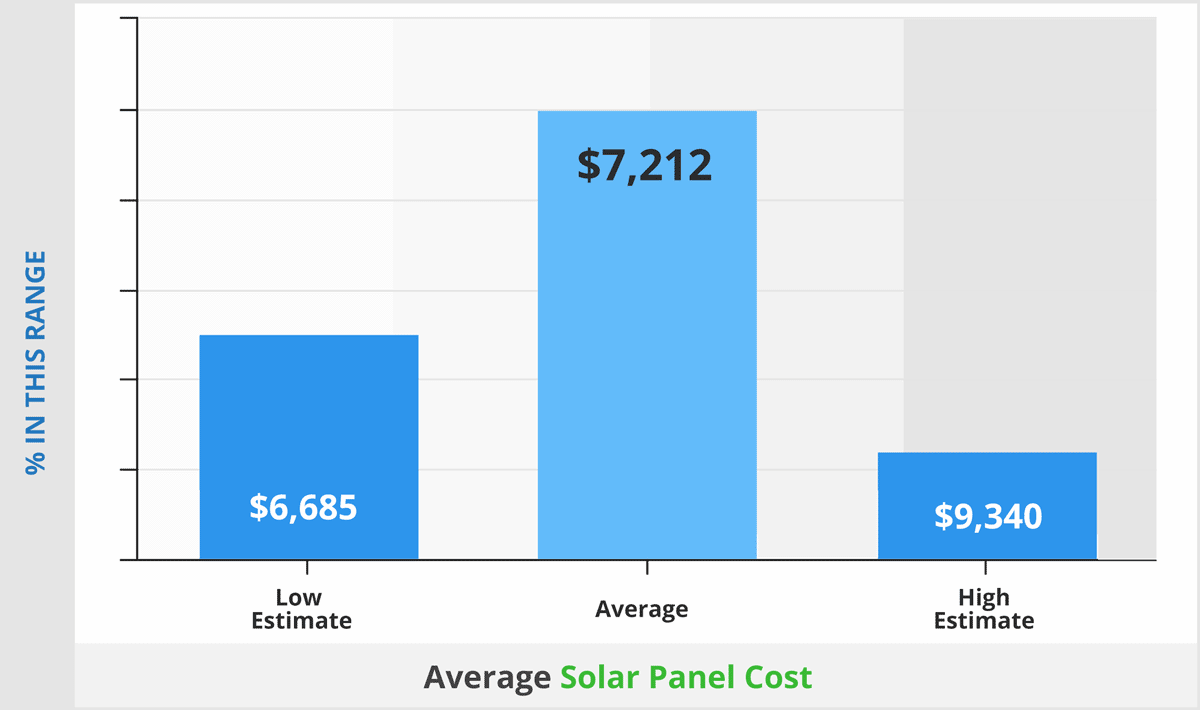
Electric bill after solar panels
With a fully functioning solar system running in your home, you should notice a significant decline in your monthly energy bills, right from the first month.
Depending on the size of your system and your energy consumption, the decrease can be as high as 50% – 80%. It might be harder to eliminate 100% power bills from your utility company due to the different factors affecting your daily production.
So, assuming your average kilowatt usage monthly is 500 kWh at 25 cents/kWh your monthly bill will be approximately $125.
Now with a 5 kWh solar system producing 600 kWh monthly at 20cents/kWh, you’ll save $100 on your bills. An extra 100 kWh can be fed back to the grid at the base rate of 8 cents and generate you $8.
So, in total, your monthly saving will be $100 + $8 = $108.
Your monthly bill will therefore be approximately, $125 – $108 = $17
Do you still have an electric bill with solar panels?
Yes! Based on the calculations above, you should expect to pay a small amount in your electric bills to your utility company monthly. Remember, during winter or cloudy seasons, the efficiency of your solar system will be reduced. This means more reliance on your utility company.
Therefore, going solar doesn’t mean going off the grid – you’ll still need it.
You can, however, have some net-zero months, but that is rare, and you’ll still pay a small fee to the utility company for their losses. If your input into the grid is high, you may also receive negative bills, which means you’re a net energy seller for that month.
In such a case, this balance will be rolled over to offset the next month’s bill.
Is it worth getting solar panels?
Yes! Getting solar panels, in general, is a good investment for everyone. It not only helps cut down your power bills, but solar panels also generate clean energy, which is good for the environment. Solar panels also last for almost 30 years and, thus, will serve you for a long time.
Depending on the size of your system and the solar intensity of your region, solar panels also have a relatively fast ROI. Usually, the ROI for most panels is between 4-6 years, but it can be as short as three years.
And contrary to popular belief, solar energy works perfectly at night and also during those cloudy days. All you need is a good solar battery, and you’re good to go.
Moreover, the presence of government incentive programs such as the SRES makes solar installation very affordable.
Nonetheless, if you live in areas with low sunlight intensity, going solar may not be as effective as it is in areas with better penetration. Therefore, your ROI may take a longer time, and the impact of solar on your monthly bill may be lower than you expected.
But in the long run, investing in solar panels will always lead to more savings regardless of your location or the size of your system.
FAQs
How does solar reduce your power bill
Solar panels generate enough electricity from the sun to run most activities in your home. This reduces your dependence on power from your utility company and, consequently, reduces your power bills.
Absolutely. Solar panels have a relatively short payback period i.e., 3-5 years, allowing you to cut down your power expenses and conserve the environment. Solar panels also increase the value of your home, which is great when you’re looking to sell or rent it.
- QuickenLoans, (2024), How Much Energy Does A Solar Panel Produce? Accessed on: 28th April 2024, https://www.quickenloans.com/learn/how-much-energy-solar-panels-produce#:~:text=Solar%20panels%20generate%20different%20amounts,this%20wide%20variety%20of%20factors.
- Jackery, (2024), Solar Energy Cost: How Much Does Solar Cost in Australia? Accessed on: 28th April 2024, https://au.jackery.com/blogs/solar-energy/solar-energy-cost-in-australia
Table of Contents
Toggle


